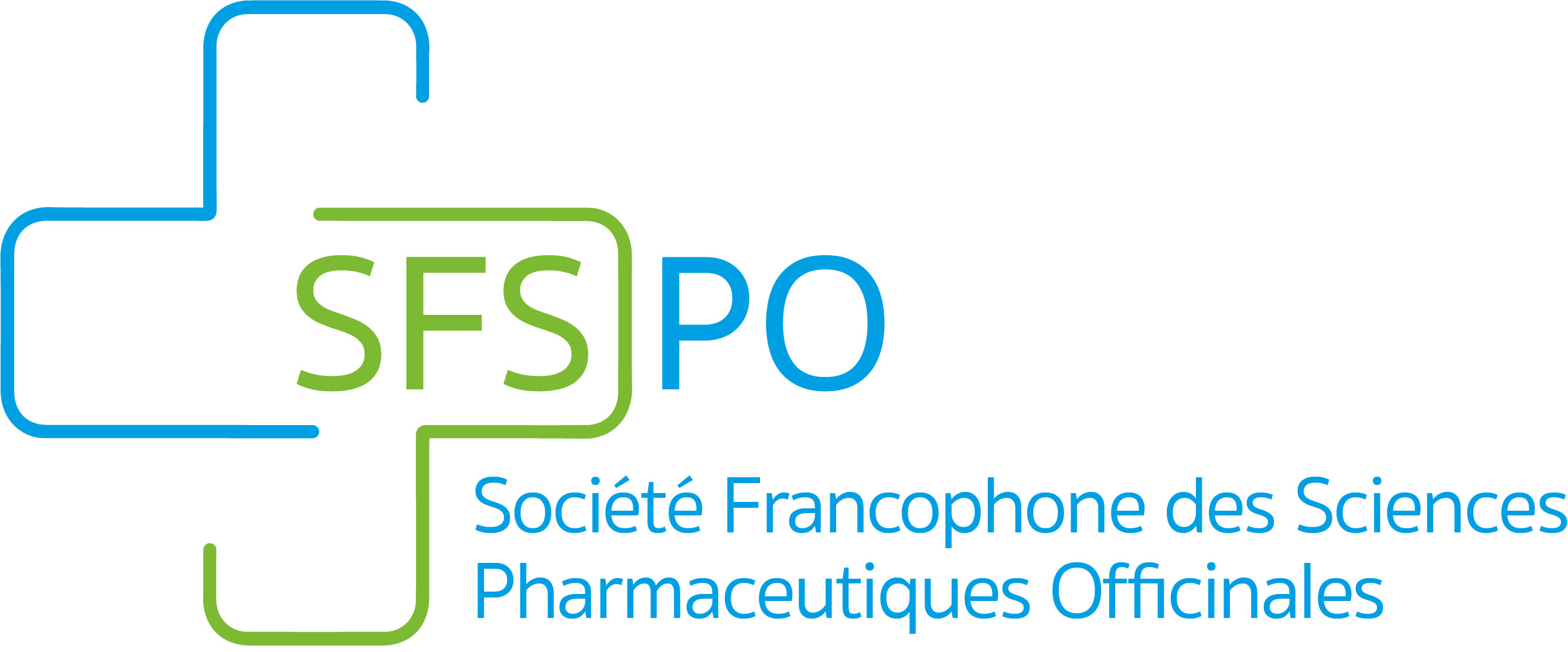Concernant les TCA dans le cancer, le principe de prudence peut amener les soignants à déconseiller leur utilisation alors qu’en pratique une grande partie des patientes font appel aux TCA.
Cette étude allemande est intéressante car elle met en balance le risque d’interactions et le bénéfice en qualité de vie et améliorations des symptômes.
Le résultat penche clairement en faveur des thérapeutiques complémentaires et alternatives TCA (activité physique, yoga, relaxation, massage mais aussi phytothérapie, homéopathie, compléments nutritionnels, hydrothérapie).
Request for complementary and alternative medicine (CAM) in German patients with breast cancer: A cross-sectional survey. J Clin Oncol 34, 2016 (suppl; abstr e21604) Heidemarie Haller and col
Many breast cancer patients reported experience with and request for CAM therapies. Given the risk of drug interactions between CAM and conventional cancer therapies on the one hand and possible improvement in symptoms and quality of life by adding CAM to conventional care on the other hand, CAM counseling and CAM therapies should be provided more often already in inpatient settings.
The most requested therapies were exercise (71.5%), nutrition advice (68.2%), relaxation (66.8%), and CAM self-help strategies (65.8%), followed by acupuncture (31.8%), yoga (23.4%), mistletoe (14.4%), and massage therapy (13.2%). Herbal medicine, Ayurveda, homeopathy, nutritional supplements, fasting, neural therapy, and hydrotherapy were reported by less than 10%.
fv

